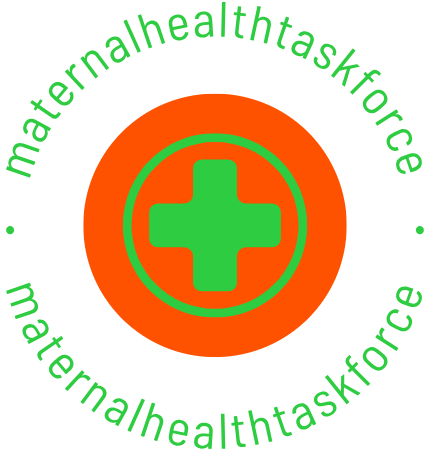Prenatal care is essential for ensuring the health and well-being of both the mother and the baby throughout pregnancy. Regular medical check-ups, proper nutrition, and lifestyle adjustments during this time can significantly reduce risks and promote healthy development. In this post, we’ll explore the key reasons why prenatal care is crucial and how it benefits expectant mothers and their babies.

Early Detection of Health Issues
Prenatal care allows healthcare providers to identify potential health problems early on. Through routine screenings and tests, doctors can monitor the mother’s health and the baby’s growth. Early detection of conditions like gestational diabetes, preeclampsia, or anemia allows for timely interventions that can prevent complications. These regular check-ups help ensure that both the mother and the baby are in good health, significantly reducing the chances of premature birth or low birth weight.
Without prenatal care, many of these conditions may go unnoticed until they become serious, increasing risks during labor and delivery. This makes early and consistent prenatal visits critical for a smooth pregnancy.
Nutritional Guidance for a Healthy Pregnancy
Proper nutrition is a cornerstone of prenatal care. A woman’s body requires additional nutrients to support the growing baby during pregnancy. Healthcare providers can guide expectant mothers on the right diet, ensuring they get enough folic acid, calcium, iron, and other essential nutrients.
A healthy diet during pregnancy is key to the baby’s development, especially for the brain and spine. Nutritional counselling during prenatal visits also helps in managing weight gain, which can reduce the risk of complications such as gestational diabetes or high blood pressure.
Emotional and Psychological Support
Pregnancy can be an emotional rollercoaster, and prenatal care provides more than just medical support. Healthcare providers often offer counselling and resources to help mothers cope with anxiety, depression, or stress that may arise during pregnancy. This holistic approach ensures that the mother’s mental well-being is prioritized, leading to a more positive pregnancy experience.
Support groups, education programs, and one-on-one consultations during prenatal visits help expectant mothers prepare emotionally for childbirth and motherhood, contributing to their overall health.
Preparing for a Safe Delivery
One of the primary goals of prenatal care is to prepare mothers for a safe and healthy delivery. Regular visits allow healthcare professionals to track the baby’s position, growth, and overall health, ensuring that any necessary precautions are taken before labour. Doctors can also discuss birth plans, pain relief options, and possible delivery methods, giving mothers peace of mind as they approach their due date.
In cases of high-risk pregnancies, prenatal care becomes even more important in planning for safe delivery, whether through natural birth or a planned C-section.
Reducing the Risk of Birth Defects
Another critical aspect of prenatal care is preventing birth defects. Prenatal vitamins, particularly folic acid, play a significant role in reducing the risk of neural tube defects, such as spina bifida. Healthcare providers ensure that expectant mothers take the right supplements and avoid harmful substances like tobacco, alcohol, and certain medications that could negatively affect the baby’s development.
These preventive measures are vital in ensuring the baby is born healthy and without preventable complications.
Strengthening the Mother-Baby Bond
Prenatal care also fosters a deeper connection between the mother and the baby. Ultrasound scans, fetal heart monitoring, and regular updates on the baby’s growth allow mothers to experience and visualize their baby’s development. This growing awareness helps mothers bond with their babies even before birth, creating a strong emotional foundation for the future.
Conclusion
Prenatal health is an essential part of a healthy pregnancy, offering medical, nutritional, and emotional support for both mother and baby. From early detection of health issues to ensuring a safe delivery, the benefits of prenatal care cannot be overstated. Prioritizing these regular check-ups leads to better outcomes, reduced risks, and a stronger bond between mother and child.










